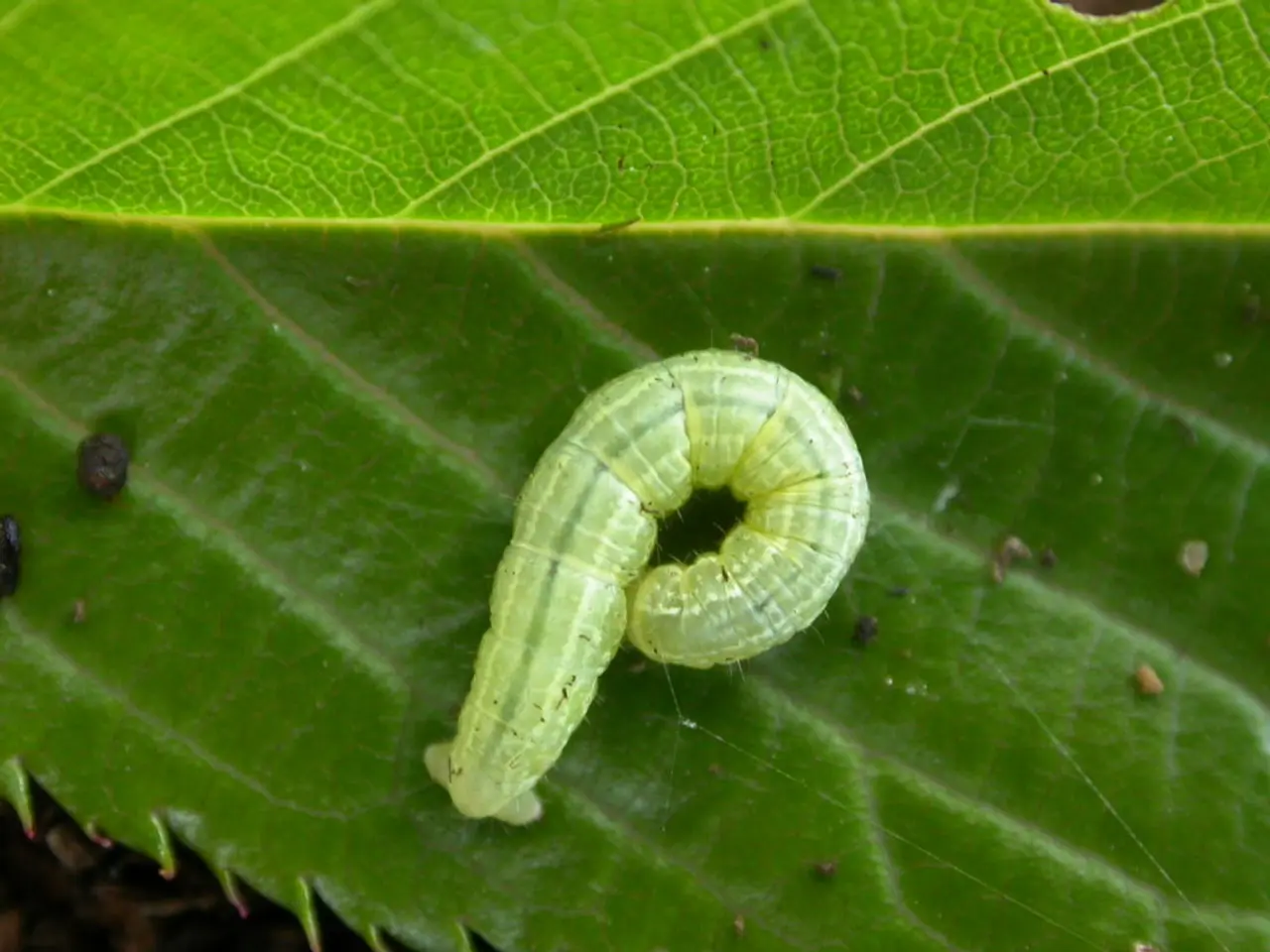Cat-borne Parasite Influencing Your Decision-making: Insight into Its Impact
In a recent review published in Frontiers in Psychiatry, the mental impacts of a common parasitic infection, Toxoplasma gondii, have been brought to light. This parasite, often referred to as the most common parasitic infection in humans, is primarily hosted by cats.
The study focuses on the subtle yet significant ways in which T. gondii can alter human behavior and cognitive functions. By manipulating brain chemistry, notably increasing dopamine production, it affects risk-taking, impulsivity, and aggression. Infected individuals may show heightened aggression, impulsive decisions, and even increased sexual risk behaviors, potentially benefiting the parasite's transmission and survival.
Neurobiologically, T. gondii forms long-lasting cysts in neurons and disrupts the critical communication between neurons and astrocytes (supportive brain cells). This interference reduces and alters the release of extracellular vesicles—key for signaling and regulating neurotransmitters like glutamate—potentially impairing brain function related to movement, thought, and emotion.
Epidemiologically, about one-third to 80% of people worldwide carry T. gondii without obvious symptoms, raising concerns about its subtle influence on personality traits, mental health, and behaviors across large populations. Some studies link T. gondii infection to neuropsychiatric disorders such as schizophrenia, highlighting correlations with changes in mood and behavior, although causal relationships remain under investigation.
Humans can become infected with T. gondii through handling cat litter and the consumption of untreated food. To protect oneself from infection, it's recommended to wash hands, knives, and chopping boards thoroughly, ensure meat is properly cooked, wash fruit and vegetables, avoid unpasteurized milk and related products, wear gloves while gardening, and take care when emptying cat litter trays.
The parasite's life cycle is complex. T. gondii reproduces inside the feline digestive system, creating oocysts. These oocysts are released into the wild through cat feces and can spread into soil, water, and plants. The parasite can then infect other animals, including humans, when consumed.
The widespread infection of T. gondii can pose psychological and social challenges. The potential for T. gondii to exacerbate aggressive and impulsive behavior raises questions for understanding and preventing violence and behavioral disorders. The review also highlights the importance of considering the mental impacts, not just the physical impacts, of parasitic infections.
Genetic analysis of ancient Viking poo has shed light on one of humanity's oldest parasites, providing a historical perspective on the parasite's prevalence. Approximately 30-60% of the global population may be infected with T. gondii, making it a significant public health concern.
In summary, Toxoplasma gondii can affect human cognitive and behavioral functions by altering neurotransmitter systems and neuron-glia communication, leading to changes in personality, increased risk-taking, and possibly contributing to some mental health disorders. Further research is needed to fully understand the implications of this parasitic infection on human health and behavior.
- The implications of the parasitic infection, Toxoplasma gondii, on human health extend beyond physical impacts, as it also affects mental health and behaviors, raising questions for understanding and preventing violence and behavioral disorders.
- In the field of science, studies link Toxoplasma gondii infection to neuropsychiatric disorders like schizophrenia, correlating changes in mood and behavior, although causal relationships remain under investigation in health-and-wellness research.
- The wide-ranging influence of Toxoplasma gondii across large populations is concerning, as one-third to 80% of people worldwide carry the parasite without obvious symptoms.
- The complexity of Toxoplasma gondii's life cycle originates from the parasite's reproductive process inside feline digestive systems, resulting in oocysts that are released into the wild and can infect other animals, including humans, through various means.
- As our understanding of nature and science progresses, new findings, such as genetic analysis of ancient Viking poo, provide historical perspectives on the parasite's prevalence, making Toxoplasma gondii a significant public health concern in the era of evolution and space exploration.




